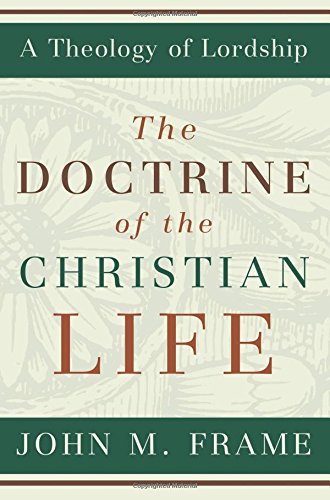The Pastoral Care of People with Mental Health Problems
Written by Marion L. S. Carson Reviewed By Andrew McKieThis is a welcome addition to titles published under the New Library of Pastoral Care. Marion Carson, with previous hospital and community experience as a mental health nurse in Glasgow, is a lecturer in NT and Pastoral Care at the International Christian College in the same city. She is therefore eminently qualified to address the complex issues which often face the Church in seeking to provide pastoral care for people experiencing mental health problems.
Seven substantial chapters address issues concerning mood disorders, anxiety/phobias/stress, schizophrenia, addictions, dementia, eating disorders/self-harm and personality disorders. Each chapter outlines relevant features of a condition, aetiology and treatment frameworks, but these are fully contextualised by Carson by the use of several ‘pastoral illustrations’ in which each condition is further explored by way of a client’s story. Helpful sections on general pastoral care link conditions to relevant theological and spiritual issues (e.g., Christian attitudes towards the body in the chapter on eating disorders) followed by more detailed discussion via particular pastoral problems.
By way of an example, the chapter on ‘Addictions’ centres on seven ‘pastoral illustrations,’ issues of aetiology (e.g., alcoholism as disease or learned behaviour) and resources for rehabilitation. Discussion on general pastoral approaches towards people with addiction-problems is followed by sensitive exploration of specific pastoral problems in the areas of forgiveness, co-dependency, self-protection of carers, and life after addiction.
A particular theme underlying Carson’s book is that of realism. Pastoral care for those experiencing mental health problems can be hard, difficult, and motivation-sapping. Many well-meaning endeavours in ‘Christian ministry’ in this area succumb to combinations of naivety, ignorance, and a lack of experience in handling the complexity of people’s lives. Carson is not afraid to draw attention towards the need for setting relationship boundaries and for pastoral carers to communicate with mental health professionals when they are presented with problems beyond their competency.
Written in simple and clear language and eschewing jargon, the book contains follow-up references and suggestions for further reading for each chapter. While this book will be highly suitable as a primer for theological students undertaking practical theology courses, it will also be useful for ministers, elders, and others working within local congregational pastoral settings. It is warmly recommended.
Andrew McKie
School of Nursing and Midwifery, The Robert Gordon University
Aberdeen, Scotland, UK
Other Articles in this Issue
We begin with a question of translation. Many translations place a period after the word “conviction” in 1 Thess 1:5: “in power and in the Holy Spirit and with full conviction...
The Inexhaustible Fountain of All Good Things: Union with Christ in Calvin on Ephesians
by Lee GatissJuly 10, 2009 was the 500th birthday of the acclaimed French Reformer John Calvin...
The name of Martin Luther is perpetually linked to the doctrine of justification by faith alone...
Of the many questions currently surrounding the discussion about justification, the relationship between justification and spiritual fruit merits attention...
Every year a few students ask me my thoughts about whether they should pursue doctoral studies and I respond with what has come to be known as ‘The Speech...







